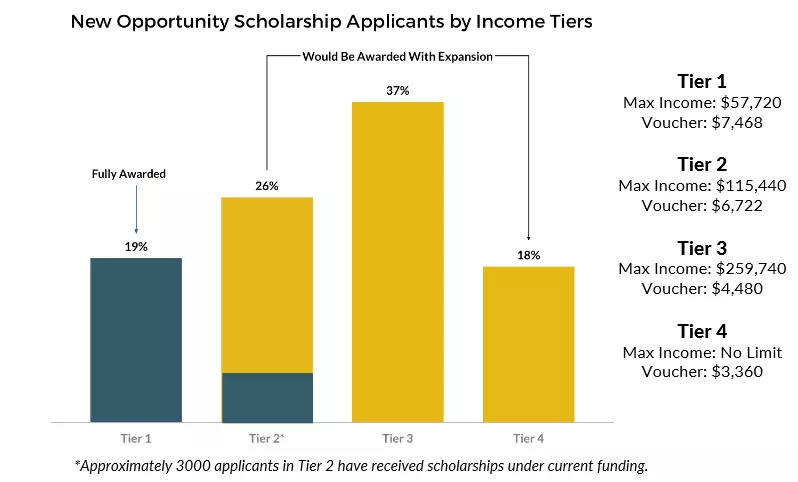RALEIGH, NC – The North Carolina Association of Educators (NCAE) released a statement today, expressing deep disappointment over lawmakers’ decision to override Governor Roy Cooper’s veto of House Bill 10.
“14 days ago, the voters of North Carolina had a choice between investing more in our local public schools or supporting candidates who want to send taxpayer dollars to private schools through vouchers. The voters chose public schools. Yet today, the lame-duck State House overturned the will of the people by spending more than $4 billion on private school vouchers.
Spending millions of taxpayer dollars to fund private school vouchers while public schools remain underfunded, public school educators are asked to do more with less, and as the western part of our state is still recovering from the devastating impact of Helene is irresponsible. Funding for House Bill 10 should be redirected to where it is most needed – supporting public schools and disaster recovery efforts.”
- Tamika Walker Kelly, NCAE President
North Carolinians voted in favor of public schools this year by electing pro-public education leaders, such as Governor-Elect Josh Stein and Maurice “Mo” Green as Superintendent of Public Instruction. Governor Roy Cooper and Superintendents in Western NC have also called for increased funding to assist communities where public schools served as shelters and resource distribution centers through these challenging times.

Reports indicate that the majority of new applicants who would qualify for vouchers based on HB10 make more than $115,000 per year. 18% make more than $259,000.
While most private schools are located in larger counties like Wake and Mecklenburg, some rural counties in North Carolina do not have even one private school. The bill would effectively shift taxpayer dollars from rural to urban areas.
The millions allocated for private school vouchers under HB10 are double what the state spends on all school bus drivers. These funds could also be used to raise teacher salaries by 3.5% or to add over 1,000 educational support positions, as noted by the Public School Form of North Carolina.
As a result of today’s decision, there will be fewer teacher assistants, bus drivers, and school nurses. It means higher class sizes, less one-on-one instruction for kids, fewer after-school programs, less money for teacher raises, and more vacancies.